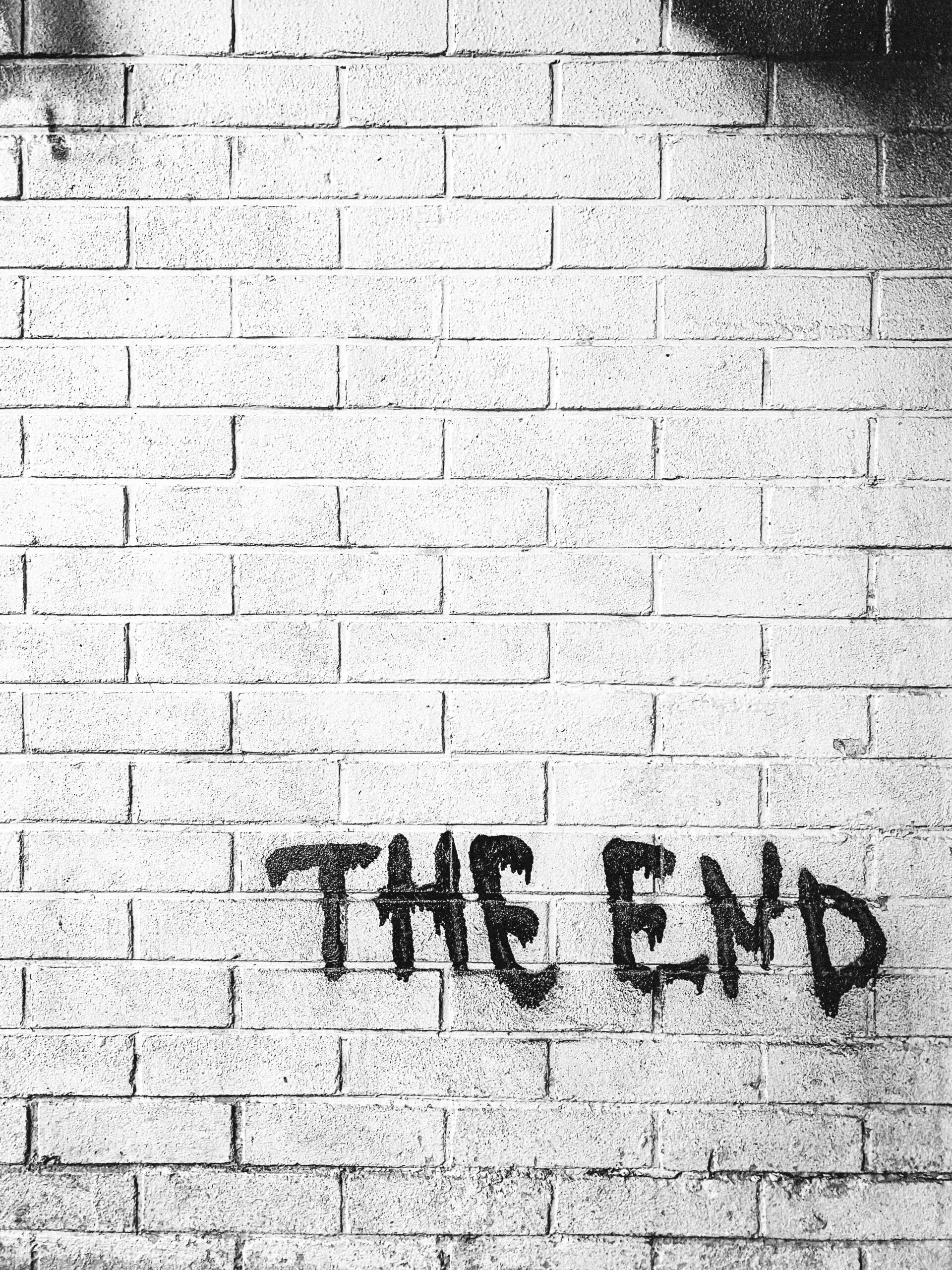
I use prescription medication to help treat my depression. I find medication may be the most poorly understood subtopic in the mental health conversation. On some level, that’s totally natural. Most of us don’t know enough chemistry and biology to understand even the basics of what the drugs do and how they work. We are completely reliant on doctors and trust. But that’s not really what I mean when I say they are misunderstood. In my experience, at least, most of the stigma around mental health is tied to its “medicalization” and that often centers around the medication we take.
I know I really didn’t want to take any medication when my PCP first referred me to a psychiatrist. The psychiatrist had to talk me into it. I was the patient, but the stigma was alive and well within me. I was judging myself. I felt like it was a sign of weakness. I should have been able to push through, suck it up, all that garbage. I was also worried about what the drugs would do to me. “Comfortably Numb” is a good song, but not how I want to live my life.
The psychiatrist explained to me that these are some of the most well-researched medications there are. Many of them have been on the market for 30 to 40 years. In reality, there is no difference between mental health medication and blood pressure medication. It’s just that people have a skewed perception of mental health. She explained the process to me in detail. I would start on something, and she would monitor me. It takes time for the drugs to become effective and there is always the possibility of side effects. We would then make adjustments as needed. And, this was huge for me, I’m the patient. At any time, if I didn’t like how I felt, we could make changes. I didn’t have to worry about feeling numb.
The first week to ten days were some of the strangest of my life. I was still very nervous about the treatment plan. Every thought and feeling I had made me think, “Is this me or is this the drugs?” I didn’t trust anything. And I just felt weird. Extremely, unpleasantly weird. My doctor explained that that was normal as my body adjusted to the medication. It was a slow process, but after that first ten days, not horrible. And, after a few months, we found a regimen that worked for me. My mood stabilized. I was still able to feel highs and lows. Plus, I didn’t experience any side effects. Taking medication, under a doctor’s supervision, was as successful for me as I could have hoped.
Still, I mostly kept my medication to myself. I know part of that is just standard privacy. I don’t make public announcements every time I get a prescription. But, when someone did find out, I never liked their reaction. I’m supposed to take the pills with food. So, I normally take them with a meal. There were times when I was eating with someone and when they saw me swallow a pill, they’d ask about it. When I told them, it was like an invitation to tell me some horror story of someone else’s medication. Or how we can’t trust the pharmaceutical industry. Or how natural remedies are better. I heard about how rich psychiatrists are. None of those things made me feel any better about taking my medication. And I was surprised by how passionate some of the people were about not taking mental health medication.
I guess that’s why I’m writing this. I don’t know where the anti-medication bias comes from (although one possibility is the excessive warnings attached to drug ads), but it was a big barrier to my getting better. Also, it has made me quite frequently doubt whether I really am better while I’m taking medication. I want to help lower, or even erase, that barrier for others. So, when someone tells you we can’t trust pharmaceutical companies, remember that has nothing to do with pharmaceuticals. We can’t trust any large corporations. And natural remedies are untested. And psychiatrist’s relative wealth is, at best, a non-sequitur. It’s probably an ad hominum. As for the horror stories, that’s why it’s important to work with a doctor that gives you control.
I’m not encouraging anyone to go out and demand medication. I’m just trying to say that your friends and neighbors probably don’t really know what they’re talking about. If you’re having any kind of mental health issue, talk to a trusted medical professional. Work with them until you find a treatment that works for you. It’s not easy to ignore the stigma. I couldn’t. But I’m glad I got past it. Hopefully, telling my story can help someone else get past it, too.









